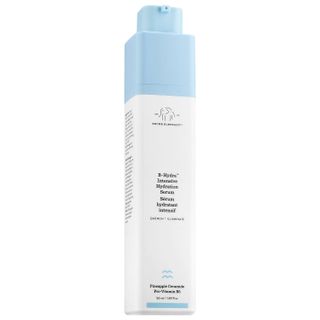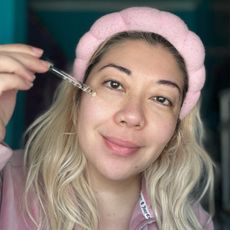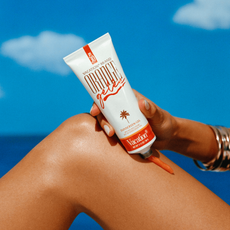I'm 30 and Just Started Having Eczema Flare-Ups—Here's What Helped

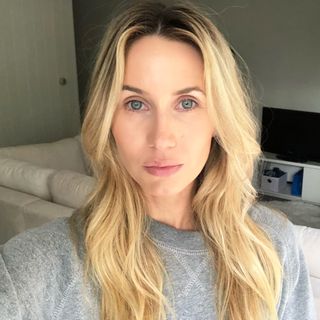
Up until about two months ago, I spent 30 years never giving eczema a thought. I've struggled with mild rosacea and redness for my entire adult life, but I had never experienced eczema, so it wasn't even really on my radar. Then one day, right when Los Angeles started to feel like winter, I noticed some serious irritation around my nose that wasn't going away (despite trying every trick up my sleeve). Eventually, it spread and got so bad that I looked like I had a red-rash goatee. So I went to see my facialist and skin angel Vanessa Hernandez in a panic about what I thought was just dry winter skin, only to have her inform me that—surprise!—I have eczema.
Much to my shock, that dry, patchy, rash-like skin I was experiencing all around my nose and mouth was indeed facial eczema. Hernandez explained to me that eczema is actually extremely common (about 31.6 million people in the U.S. have some form of it, according to the National Eczema Organization) and can present itself at different points in your life, with many people, like me, start seeing it in their 30s.
My mind was obviously blown seeing as I didn't even really know what eczema was, so naturally, I asked Hernandez about a thousand questions and found out some extremely helpful information and tips to calm my skin down, so let me break it down for you. Eczema, also known as atopic dermatitis, is characterized by dry, discolored, itchy, and inflamed skin. The most confusing part of it is that the cause can be a myriad of different things, and there's no real way to know what the cause is. It could be a combination of anything from diet to extremely cold or dry weather to stress or genetics.
Because the cause is unknown, treating an eczema flare-up can be somewhat difficult and confusing. Luckily for me, Hernandez gave me a ton of helpful advice to help calm my skin down that after about a month of diligent work, my eczema flare-up is virtually gone. Seeing as how eczema is so common yet so tricky to treat, I decided to share some of the tips I learned that helped me get my skin under control. Below are the best products for eczema plus some of the other remedies like humidifiers and probiotics that can be helpful if you're experiencing a flare-up.
PRODUCTS
Hernandez recommended I do a few things product-wise to calm my skin down and get me back on track. She said first to eliminate anything with vitamin C, as it's too harsh and will actually irritate the eczema even more (which I can vouch for, as I made that mistake before speaking with her and felt a burning sensation on my skin). Then she said the most important thing was keeping my skin hydrated, meaning hyaluronic acid and thick winter moisturizers. She also suggested a few calming products to neutralize the irritation my skin was experiencing, like SkinCeuticals Phyto Corrective Mask. Since the cause of eczema is unknown, skincare is only one step. The environment itself might be to blame. Since Los Angeles winters are known to be dry, and this year had an especially cold few weeks, my sleeping conditions were extremely cold and dry. For that reason, Hernandez also recommended I sleep with a humidifier on in my room (which I'll cover a bit more below), and the combination of this skincare regimen with the humidifier changed my skin completely.
Moisturizers
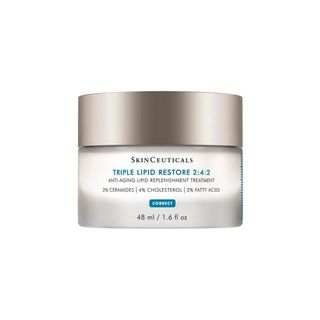
This ultra-thick moisturizer has been my go-to for the evening, as it's heavy enough to keep your skin feeling hydrated throughout the night.
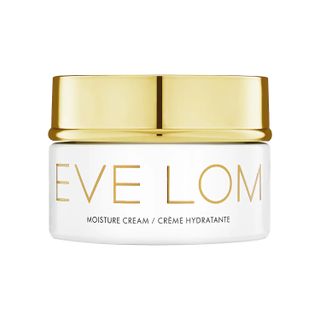
I love Eve Lom's Moisture Cream for daytime, as it's thick but absorbs quickly, so it makes the perfect canvas for applying makeup over (which I tried to do as much as possible while my skin was super irritated, but sometimes your schedule requires it).
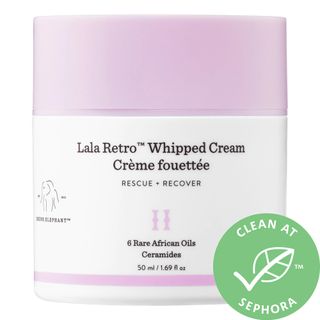
This moisturizer has been one of my favorites for years, as, much like the Eve Lom formula, it's thick with quick absorption. Drunk Elephant is also 100% clean, so I feel great about layering it on my irritated skin.
Serums
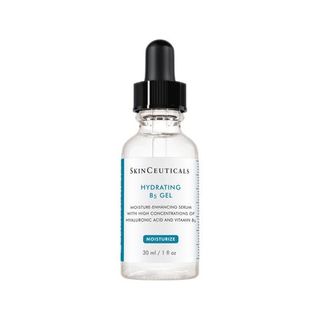
Like I mentioned, hydration is key when it comes to eczema, so hyaluronic acid has been my BFF. SkinCeuticals B5 Gel has been a permanent fixture in my medicine cabinet for quite some time now, as it does an amazing job of hydrating your skin.
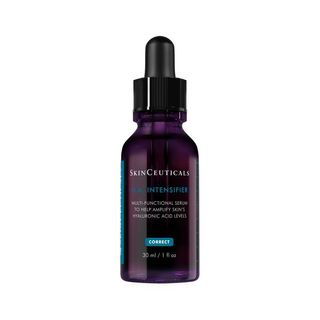
SkinCeuticals' price points are high, but they're definitely worth it. Its products are so effective.
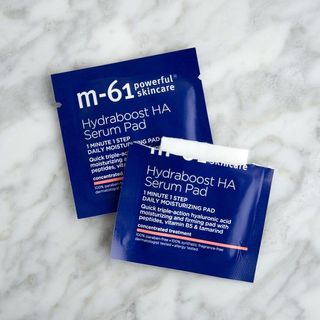
M-61 makes getting your hyaluronic acid fill that much easier. You just swipe the pre-soaked cloths over your face and you're done.
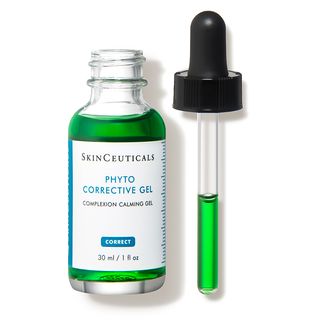
This is one of the calming products Hernandez recommended I use, and it worked wonders. The oil-free formula soothes and hydrates sensitive or irritated skin immediately.
Masks
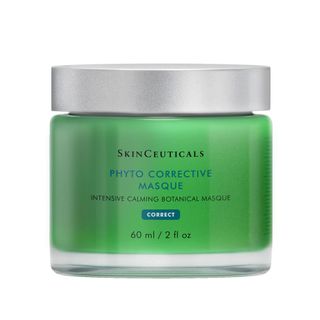
If I could recommend one product for people with problems with facial eczema, it would be this Phyto Corrective Masque. It can be used as a temporary mask or a leave-on, and it calms skin down like no other. I apply a thin layer as the last step in my evening skincare routine, and then sleep in it overnight, and my eczema problems clear up within a few weeks. I combined this plus her recommended humidifier, and the two legitimately changed my skin.
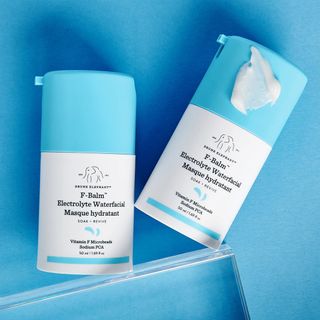
Another mask you can use either as a temporary mask or overnight is Drunk Elephant's new F-Balm. I applied the same method as the Phyto mask above and used a thin layer overnight, and the electrolyte-blend formula hydrated my skin very well.
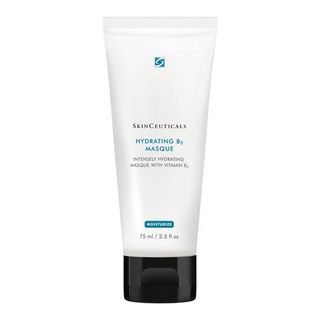
SkinCeuticals' famous Hydrating B5 Gel also comes in mask form, and I recommend using the same overnight method for this one. Just apply a thin layer as the last step in your routine before bed, and it acts as a protective barrier for your skin.
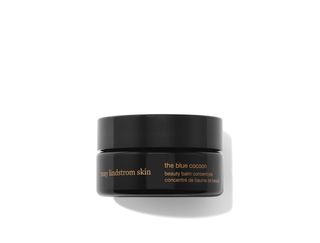
May Lindstrom's Blue Cocoon is another insanely calming product that's great for eczema or rosacea. The anti-inflammatory formula was actually designed specifically for skin conditions like these.
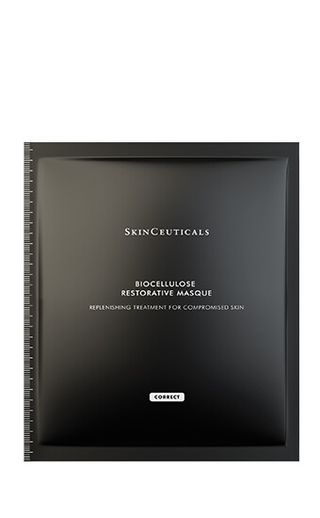
This Biocellulose Restorative Masque is no joke—sit with this healing mask on for 15 minutes and your skin feels calm, hydrated, and soothed immediately.
Facial Mists
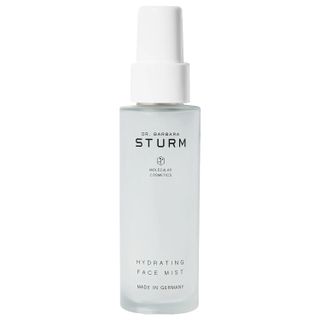
When you need a refresh between product applications, this facial mist is the best. Filled with hyaluronic acid and prickly pear extract, it instantly hydrates and soothes skin.
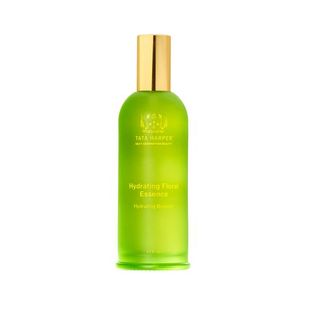
Another facial mist I've been using is Tata Harper's Hydrating Floral Essence. I prefer to spray my face with this one before the first step in my skincare routine for an extra boost of moisture.
Cleansers
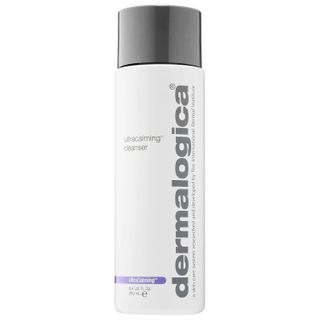
Hernandez also told me the importance of a gentle cleanser while my eczema was acting up. The last thing you want to do is unknowingly irritate your skin while cleansing, so this Dermalogica calming cleanser is perfect for removing dirt and oil with no irritation.
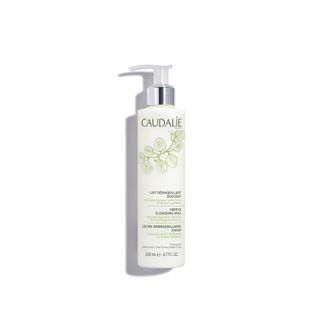
All of Caudalie's products are super gentle, and this cleanser works without stripping your skin of natural oils.
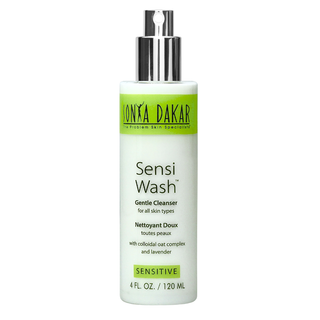
I've been using Sonya Dakar's Sensi Wash for about two years now even when I'm not having a flare-up. My skin feels clean after but never stripped or sensitive.
OTHER REMEDIES
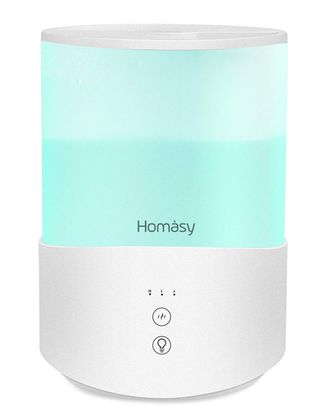
Like I mentioned earlier, Hernandez suggested I sleep with a humidifier in my room to put moisture back into the air so that it doesn't dry out my skin for the eight or so hours I'm sleeping. I had never used one before and now I'm hooked—I'll never go back. I wake up with my skin feeling hydrated and plump, rather than dry and flakey. This little humidifier also acts as an essential oil diffuser, so you get both moisture and the oil of your choice diffused into the air around your bedroom. Pro tip: I use lavender essential oil in mine every night (which is known to be relaxing) to make you feel nice and zen before going to bed.
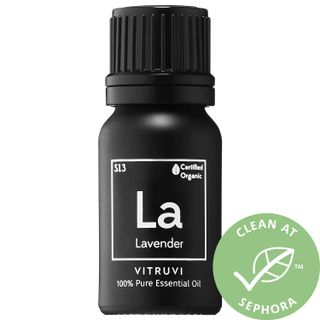
Trust me. Try it in your humidifier at night, and you'll sleep like a baby.
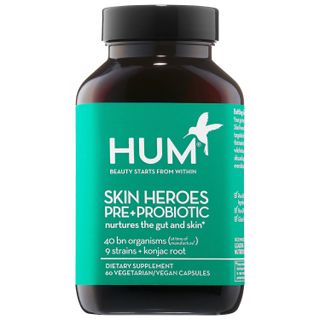
Another possible cause of eczema is food sensitivities and intolerances. Since pinpointing these can be hard, I added a good probiotic to my routine to aid in my digestion and ensure my gut has some healthy bacteria to help break down my food. Taking a daily probiotic really helps with my digestion, so if it is, in fact, a food intolerance causing my flare-ups this helps my gut process everything.
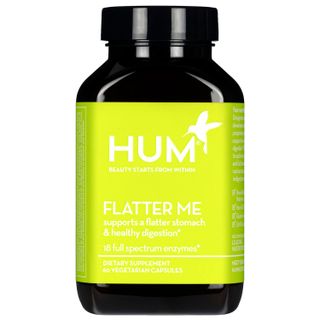
Digestive enzymes are also great for people with food sensitivities to aid your body in breaking everything down.
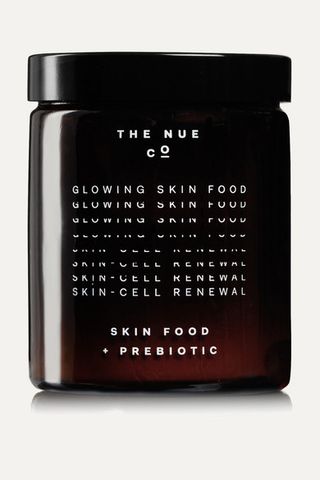
Even if you're not having problems with eczema, probiotics are a good idea to keep your healthy gut bacteria strong.
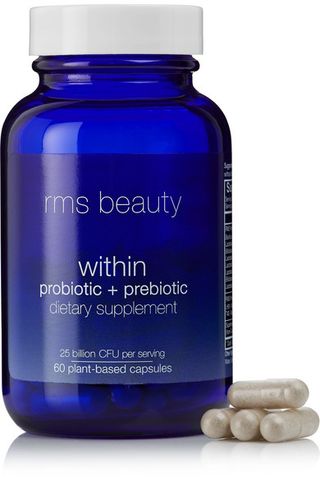
Prebiotics are also recommended to help the probiotics work properly, and this formula has both.
Next up: People usually think I'm younger than I am, so I'm revealing my skincare routine.

